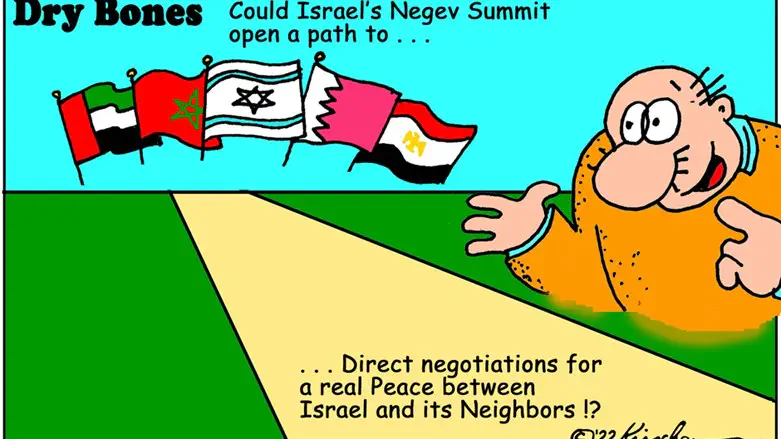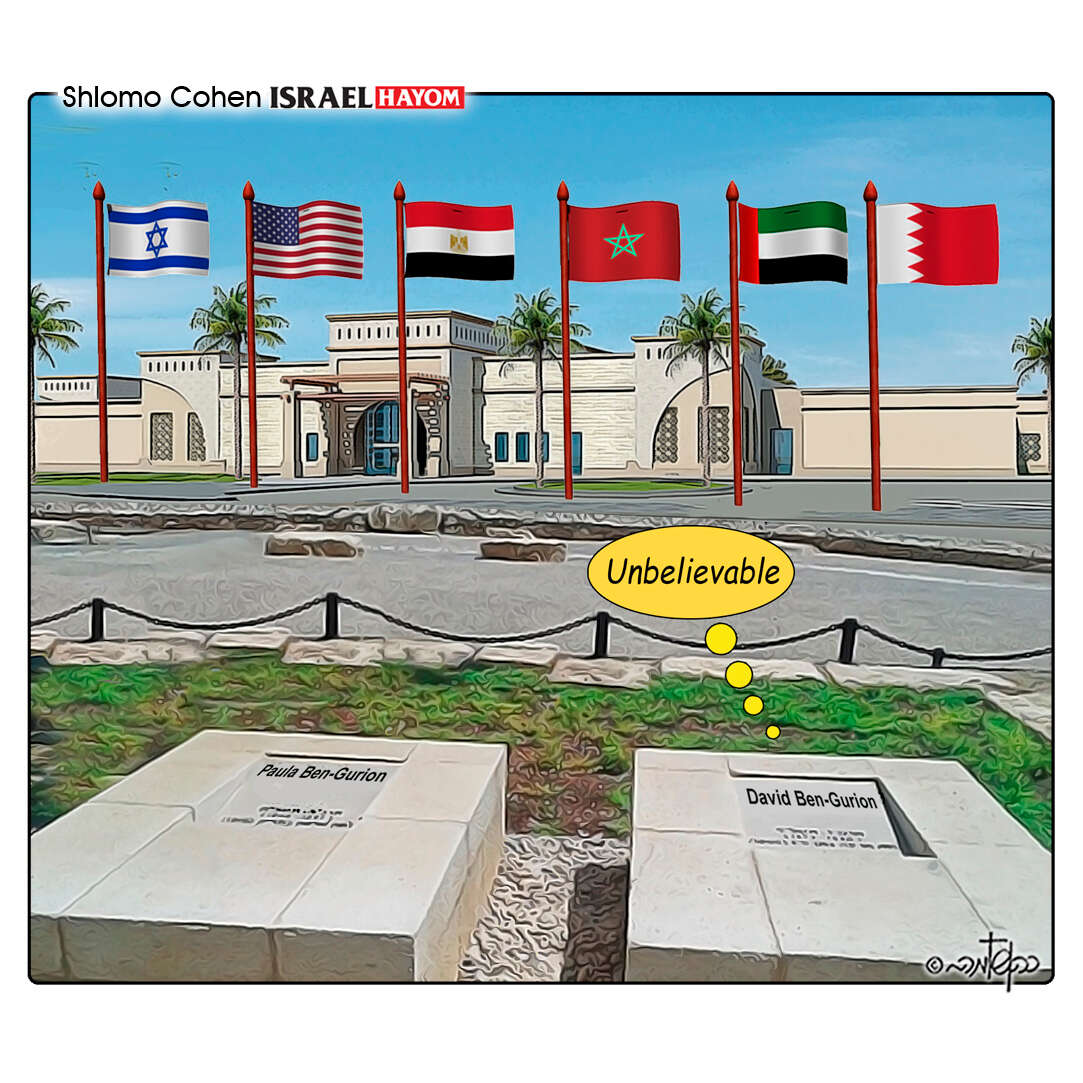Five killed in Bnei Brak terrorist shooting
Five people were killed in a shooting spree in Bnei Brak on Tuesday evening.Roman Abramovich, Ukrainian negotiators poisoned in Kyiv talks - WSJ report
The shooting was first reported around 8:00 p.m. on HaShnaim Street. One person was found killed in a car and two other people were killed on a sidewalk nearby.
Another person was found dead on Herzl Street, perpendicular to HaShnaim Street. A fifth victim, a police officer, was evacuated to the Rabin Medical Center-Beilinson Campus in critical condition and died from his wounds soon after.
The shooter's body was found on Jabotinsky Street after he was shot by a police officer who arrived at the scene on a motorcycle.
Another person was arrested at the scene and investigated on the scene on suspicion of assisting the shooter, and a third person was arrested later on further east on Jabotinsky Street.
The terrorist was a 27-years-old man affiliated with Fatah, from the village of Ya'bad in the northern West Bank. He was jailed for half a year in 2015 for illegal arms dealing and belonging to a terrorist group, and had worked illegally at a building site in Bnei Brak.
Russian-Israeli oligarch Roman Abramovich and three Ukrainian negotiators in the ceasefire talks were allegedly poisoned during a meeting in Kyiv in early March, Netherlands-based open-source intelligence group Bellingcat confirmed a Wall Street Journal report on Monday.
Abramovich and the three members of the Ukrainian delegation, led by chief negotiator Mykhailo Podolyak, reportedly suffered from symptoms of poisoning after the Kyiv meeting held some time in February, shortly after Russia invaded Ukraine, WSJ reporter Max Colchester reported, citing people familiar with the matter.
Sources claimed they were poisoned by Russian hardliners who want to sabotage ceasefire negotiations between Moscow and Kyiv, the report stated. A source close to Abramovich, however, said that it was not clear who targeted the oligarch and the Ukrainian delegation.
The condition of the Russian-Israeli oligarch and the Ukrainian negotiating team has since improved and their lives are not in danger, though it was reported Abramovich lost his vision for several hours.
Experts who have looked into the poisoning incident claimed it was hard to determine whether a chemical or biological agent or some sort of electromagnetic radiation, was used, WSJ noted in its report.
In late February, The Jerusalem Post broke the news that Abramovich is attempting to assist in the talks between Russia and Ukraine at the request of Kyiv.
Tom Gross: The oligarchs can't overthrow Putin, the only real threat to his power may be from FSB hardliners
Tom Gross: The first part of this interview is here: Zelensky is no Havel or Mandela, but he is media savvy, whereas Putin is old school & doesn’t care
Ukraine’s most famous director ostracized for unflinching film on Babyn Yar pogrom
If you live in New York City and are attuned to the programming schedules of local arts cinemas, there is a man who is noticeably having a moment: 57-year-old Sergei Loznitsa.
The fact that Ukraine’s most celebrated film director has so many projects coming to theaters right now is only partially due to the circumstances in his home country. (The IFC Center near New York University, for example, is offering a mini-retrospective.) The other reason is that Loznitsa, who works in both documentary and narrative film, is incredibly prolific, and the ebb and flow of international distribution sometimes makes for a logjam.
The prestigious Museum of the Moving Image just hosted the New York debut of “Mr. Landsbergis,” a four-hour documentary about post-Soviet Lithuania, and his surrealist tragic-comedy about war and disinformation, “Donbass,” which won a directing award at Cannes in 2018, will finally make its way to New York theaters on April 8.
On April 1, however, Film Forum in Manhattan will present “Babi Yar. Context,” a documentary crafted from seldom-seen archival reels concerning a terrible chapter in Ukrainian history wherein close to 34,000 Jews were killed during the Holocaust in just a few days. (In early March, it was believed that Russian bombs damaged the contemporary memorial there, but this turned out not to be the case.)
No recordings were made of the actual killings at the Babyn Yar ravine (though still photos — in color — of the aftermath were taken), but Loznitsa’s film has that second word, “Context,” in its title. What he has sculpted, without voice-over and just a few title cards, is a fly-on-the-wall look at the social changes in Ukraine during the Nazi occupation.
From the first tanks rolling in through Lviv to Soviet infrastructure literally covering up the spot where so many Jews were executed, Loznitsa, adding sound to mostly silent footage, shows what happened — and some of it (e.g. a lot of Ukrainians seemingly eager to welcome the Nazi regime) isn’t exactly going over so well at home.
Which brings us to the next topical point. Last week Loznitsa, a six-time winner at the Ukrainian Academy Awards, was summarily dismissed from the Ukrainian Film Academy. Reasons cited include the accusation of being “too cosmopolitan.” Loznitsa, whose previous work includes “Maidan,” a celebration of Ukrainian independence in the face of corruption and Russian interference, commented in an open letter that the choice of words had an antisemitic aspect to it. (As far as I know, Loznitsa is not Jewish. I asked him directly, but he and his interpreter didn’t really respond, as you’ll read below.)










































